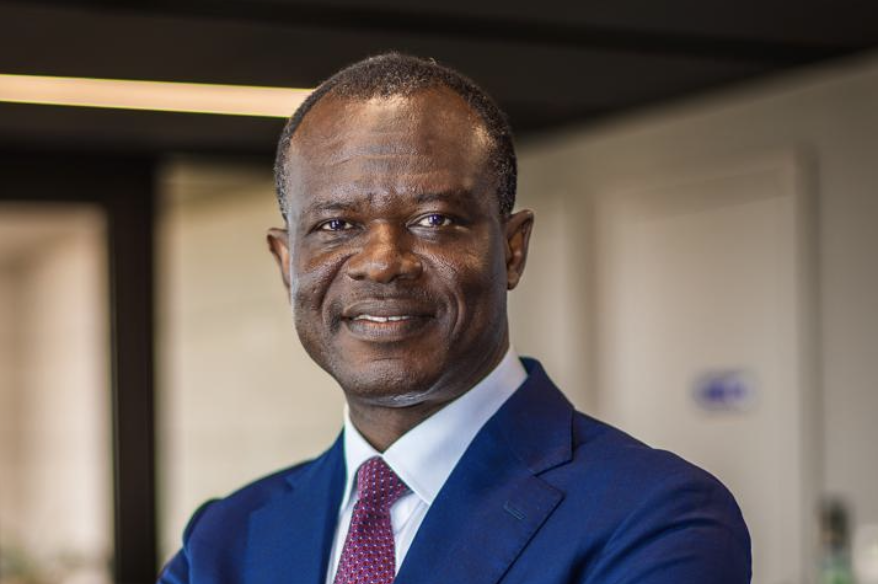Cedi's Strength Is Not Artificial - BoG Deputy Governor

Accra, Ghana - 17 May, 2025 -The First Deputy Governor of the Bank (BoG) of Ghana, Dr. Zakari Mumuni, has dismissed speculation that the central bank is drawing down its reserves to support the local currency, the cedi.
He attributes the cedi's recent gains to real confidence in the market, rather than artificial support.
According to Dr. Mumuni, the Bank of Ghana has been accumulating reserves at a faster rate than expected, with over $10 billion in reserves at the end of April and a projected $11 billion by the end of June.
This, he stated, exceeds the International Monetary Fund's (IMF) targets, with Ghana's import cover currently standing at 3.7 months, surpassing the IMF's target of three months.
 Dr. Zakari Mumuni is the First Deputy Governor of the Bank of Ghana.
Dr. Zakari Mumuni is the First Deputy Governor of the Bank of Ghana.
In an interview with Joy News, Dr. Mumuni emphasized that the reserves are of high quality, having been accumulated organically rather than through debt.
“The IMF program set a target of three months of import cover. We are now at 3.7 months using IMF metrics,” he said.
“These are organically accumulated reserves. At the end of April, we had over $10 billion. We expect to hit $11 billion by the end of June.”
“If you include petroleum funds, we’re around 4.7 months. That’s quite a lot.”
He credited policy innovation for the cedi's strength, stating that the Bank of Ghana has devised strategic ways to meet market demand while building external buffers.
“We have devised very strategic ways of meeting market demand while still accumulating external buffers,” he explained.
The First Deputy Governor also highlighted other factors contributing to the cedi's performance, including a Staff Level Agreement with the IMF, disinflation, fiscal consolidation, and deliberate steps to manage liquidity.
He assured that the Bank of Ghana is building confidence in the market, rather than recklessly intervening in the foreign exchange market.
“If we were that heavy in terms of our support to the market, we would not be doing well with our reserves accumulation,” he said.
“Unfortunately, if this were the case, market players who are very smart would have seen through it,” Dr. Mumuni said. “The rally would have been short-lived. They wouldn’t trust you.”
“We are even accumulating reserves much, much faster than what has been expected,” he said. “And that is why the market really thinks this can be sustained.”
Source: Lead News Online
























































